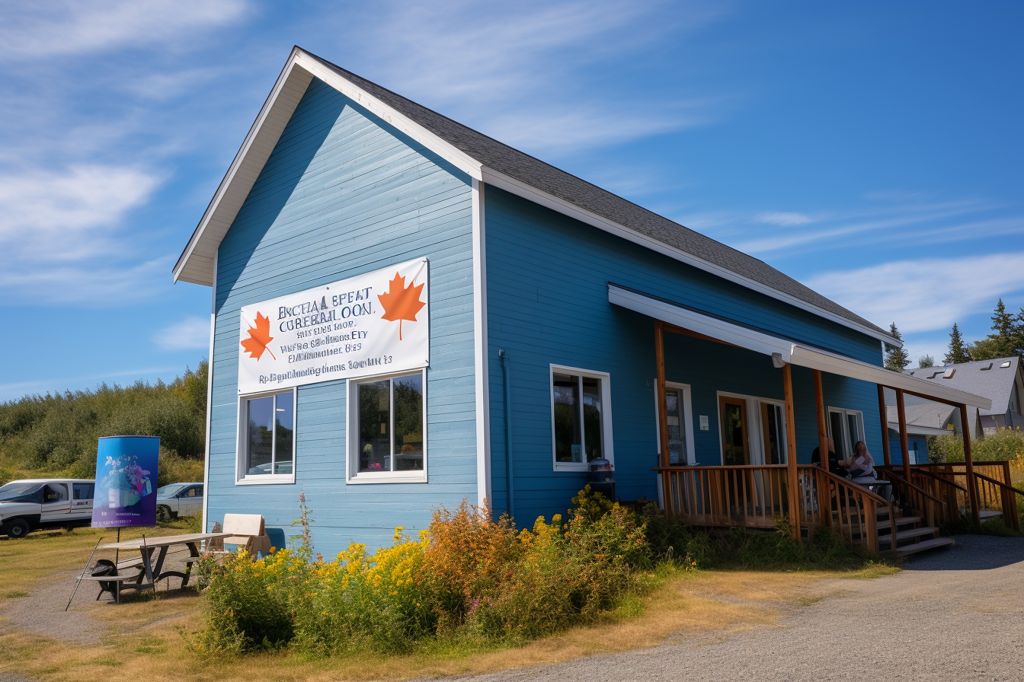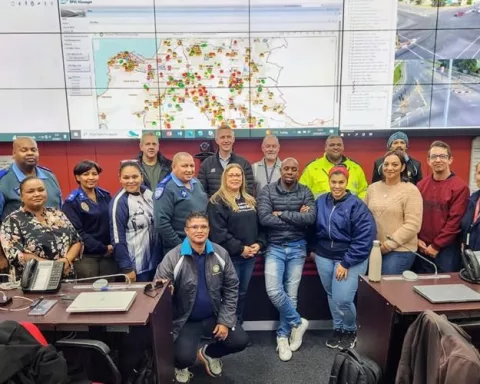South Africa is taking a bold step towards improving its border management system. The Home Affairs Minister, Dr. Aaron Motsoaledi, has issued a Request for Proposal to redesign and redevelop six of the country’s busiest land ports of entry. The project will significantly enhance trade, security, and efficiency at these critical economic gateways.
Modernizing Border Infrastructure and Technology
As South Africa seeks to align with global best practices, it is modernizing and upgrading its border infrastructure and technology. The old apartheid-era designs prioritized security over trade facilitation, resulting in congested and inefficient ports of entry. The redevelopment aims to change this by making it easier for law-abiding individuals and businesses to enter and exit the country while curbing illegal activities.
Redesignated Ports of Entry
Six ports of entry are earmarked for redevelopment: Beitbridge (Zimbabwe), Lebombo (Mozambique), Maseru Bridge (Lesotho), Ficksburg (Lesotho), Kopfontein (Botswana), and Oshoek (Eswatini). These ports are significant not only for their traffic volume but also for their role in facilitating regional economic integration in the Southern African Development Community (SADC) region and the African Continental Free Trade Area.
Private Sector Partnership
The RFP is seeking partnerships between the state and private sector to inject cutting-edge infrastructure and technology into the ports. The selected partners will be expected to implement technologies such as gamma-ray scanners, which can detect illicit goods and trafficked persons more effectively than current methods. Additionally, the project is expected to create around 38,000 jobs in areas surrounding the designated ports, boosting local economies.
Addressing Critical Issues
The redevelopment will address several critical issues for South Africa and its neighboring countries. It will improve efficient cross-border management, better support regional economic integration and the African Continental Free Trade Area, help improve revenue collection, and curb illegal movement of goods and financial flows, protecting local industries from harmful imports and exports. The project will also contribute to curbing illegal migration by strengthening border security and monitoring.
Public-Private Partnership
The project will be undertaken through a Public-Private Partnership (PPP) basis, transferring technical, operational, and financial risks to the private sector. This ensures that the project is affordable and results in value-for-money for the government.
Timeline
The RFP was issued on September 3, 2023, and interested parties have been invited to participate. The bids will be evaluated, and site visits will follow on September 27, 2023.
A New Era of Trade and Security
South Africa’s commitment to transforming its border management system signals a new era of trade and security in the region. The redevelopment of these six critical ports of entry will enhance the country’s economic prospects and contribute to regional integration and stability. The project serves as a testament to the power of collaboration between the state and private sector in driving change and progress.








